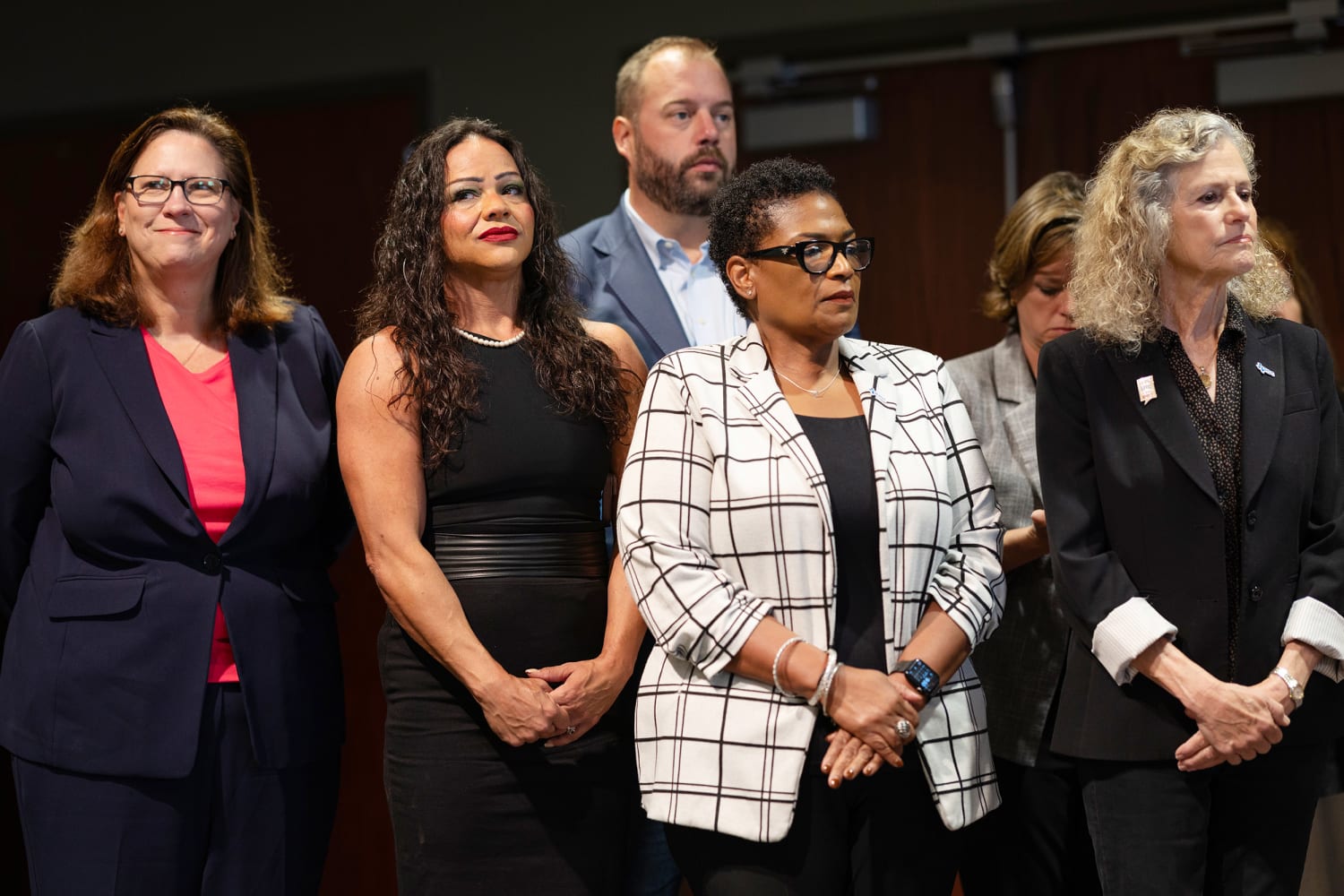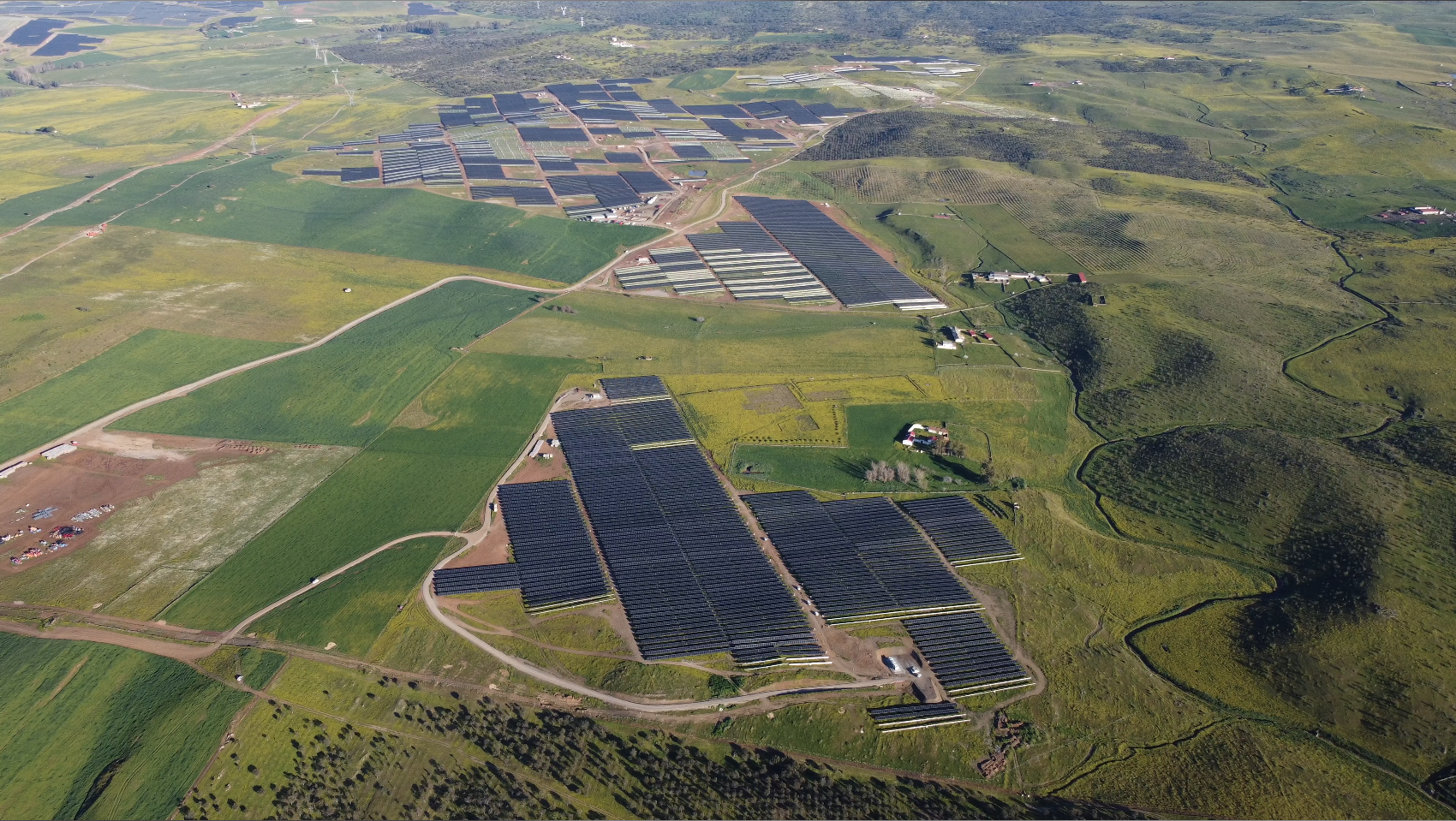The tactic used by Democratic legislators to leave Texas in order to obstruct contentious voting laws has led to considerable and lasting monetary repercussions for the minority party. What started as a bold protest maneuver has developed into a continuous financial strain, challenging the resources of both lawmakers and their backers as expenses keep rising months following the notable confrontation.
Throughout the summer legislative gathering, over 50 Democratic lawmakers gained national attention by leaving their state to prevent the Republicans from achieving the quorum necessary to proceed with legislative operations. Although this action postponed the voting bill’s enactment, it entailed significant logistical expenses that many of those involved hadn’t completely foreseen. The period spent outside the state in Washington D.C. incurred unforeseen costs such as prolonged hotel stays, security arrangements, legal expenses, and lost income for staff members unable to work during the extended absence.
Los informes de financiamiento de campañas muestran que el impacto financiero va más allá de los gastos inmediatos. Muchos legisladores agotaron sus fondos de campaña para cubrir los costos relacionados con la ruptura del quórum, dejando menos recursos disponibles para futuras elecciones. Algunos legisladores han documentado gastos individuales que superan los $25,000 de sus fondos políticos, y varios han recurrido a sus ahorros personales para cubrir el déficit. El Partido Demócrata de Texas ha tratado de ayudar a través de esfuerzos de recaudación de fondos, pero las autoridades del partido admiten que no han podido compensar completamente a todos los participantes.
The financial strain comes at a particularly inopportune time, with the 2022 election cycle already underway. Republican opponents have seized on the situation, portraying Democrats as irresponsible with resources in campaign materials. Meanwhile, Democratic incumbents find themselves fundraising earlier and more aggressively than planned, diverting attention from policy discussions to financial recovery.
Legal costs are becoming an increasing issue. Some legislators are at risk of penalties and sanctions from the Republican-controlled legislature, while others have faced expenses related to defending against procedural objections and possible arrest orders issued during the confrontation. These unexpected legal expenses continue to accumulate, even though the voting bill they opposed has now been enacted.
The situation has led to internal conversations concerning the strategies for protests and the distribution of resources within the Texas Democratic caucus. Some members wonder if the financial costs will lead to political benefits, while others argue that the moral and symbolic significance justified the expenses. These discussions take place amid Texas’ increasingly contested political environment, where Democrats perceive chances but are still outmatched financially by Republicans.
Fundraising challenges have been compounded by donor fatigue following the 2020 election cycle and competing demands from national Democratic priorities. Many traditional donors have shifted attention to higher-profile races in other states, leaving Texas Democrats to rely more heavily on grassroots contributions that take greater effort to secure in smaller amounts.
The financial repercussions extend beyond elected officials to activist groups and political operatives who supported the quorum break. Several progressive organizations redirected budgets toward the effort, leaving fewer resources for voter registration drives and other ongoing initiatives. Some political staffers report having worked without pay during critical periods, creating personal financial hardships.
As Democrats work to rebuild their financial footing, Republicans have capitalized on the situation by portraying their opponents as unserious about governing. GOP fundraising appeals frequently reference the quorum break, using it as evidence of Democratic obstructionism. This narrative has proven effective in rallying Republican donors, further widening the financial gap between the parties in Texas.
The experience has prompted some Democratic lawmakers to call for establishing a contingency fund for future protest actions, while others argue the circumstances were unique and unlikely to recur. What remains clear is that the tactical decision to break quorum, while achieving short-term objectives, has created long-term financial challenges that will influence Texas politics well beyond the current legislative session.
Political analysts suggest the financial aftermath may affect Democratic recruitment efforts for upcoming elections, as potential candidates weigh the personal costs of similar actions in the future. The situation also highlights the resource disparities between the state’s minority and majority parties, demonstrating how procedural battles can have lasting financial consequences in modern politics.
As Texas Democrats attempt to secure their financial footing, this situation exemplifies the frequently neglected financial aspects of political protest. The expenses associated with maintaining principle, although challenging to measure, have undeniably influenced the party’s strategic planning for the future. Their financial recovery could be crucial in deciding their capacity to compete successfully in one of the nation’s key political arenas.




